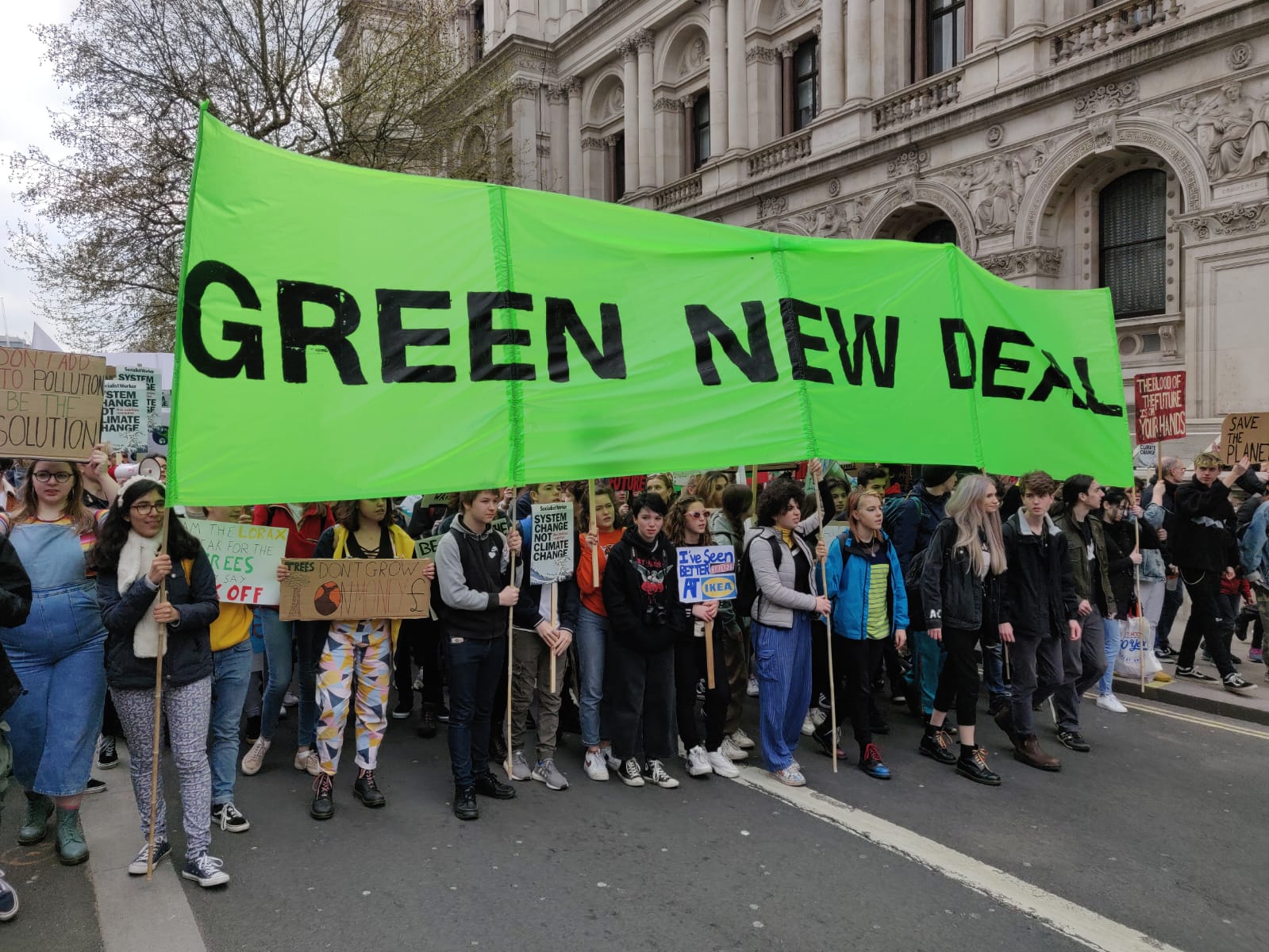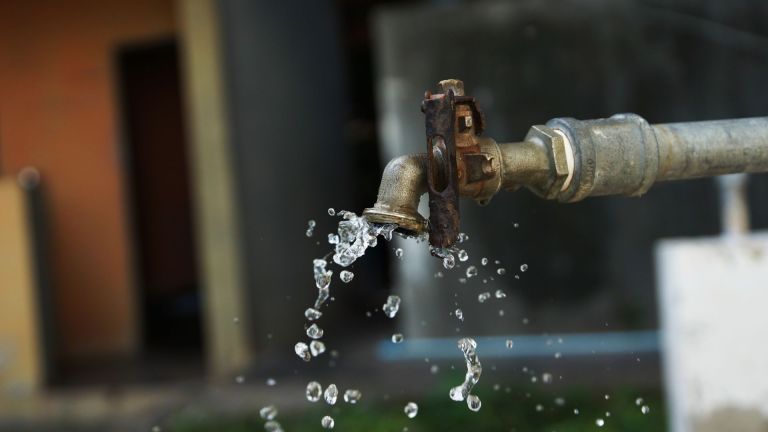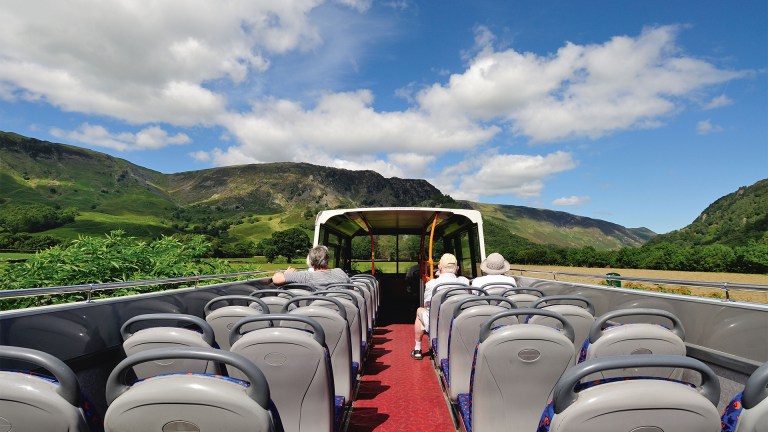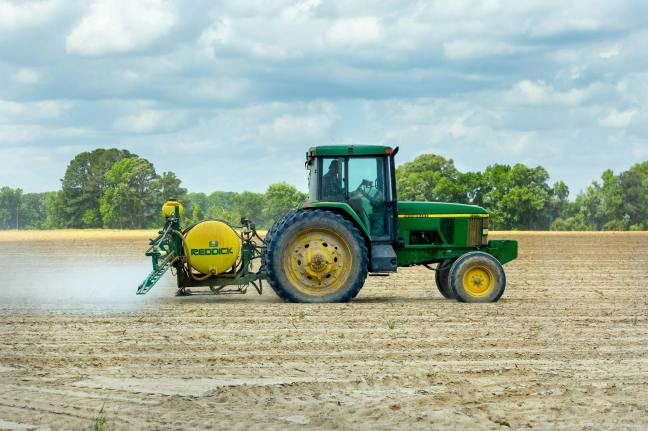What is the Green New Deal?
The concept of a Green New Deal is part-policy, part-idea. It is a legislative proposal to transform the economy and do two main things: green the economy by phasing out the use of fossil fuels and create a secure jobs revolution that closes the widening inequality gap.
“It’s about a transformation of the way our economy works,” Caroline Lucas, Green Party MP and co-chair of the Green New Deal all-party parliamentary group (APPG), told The Big Issue.
The phrase ‘Green New Deal’ was popularised by the Sunrise Movement, a US youth campaign group founded in 2017 demanding climate mobilisation. In 2019 Alexandria Ocasio-Cortez, a Democratic Representative, introduced the Green New Deal resolution to the House of Congress. It was defeated by Republicans.
When political leaders recognise the size of an emergency they can act far more radically than they had ever previously imaginedCaroline Lucas, chair of the Green New Deal APPG
The term refers to the ‘New Deal’ enacted by US President Franklin D. Roosevelt, a program of reforms and transformations that addressed the 1930s’ Great Depression – and forged a new social contract.
“Those of us promoting a Green New Deal have taken inspiration from the Roosevelt New Deal of the ’30s”, Lucas said. “For him it was roads and bridges, for us it would be investment in the green economy, in renewable energy, energy efficiency, green technology – as a way to stabilise the economy, and create over a million new green jobs.”
Lucas’s APPG plans to bring its bill to parliament this autumn. Separately, Labour for a Green New Deal has laid out a ten-year plan to rapidly decarbonise the economy, cutting greenhouse gas emissions to net-zero by 2030. The goal is for the UK, the world’s sixth wealthiest country by GDP, to lead the way towards global net-zero emissions by 2050.
The plans include investing in renewable energy, expanding public transport, greening housing standards, reforming land use, launching a national food service and more, driven by a growth in the size of the public sector.
The idea is to harness the urgent reforms needed to avert climate breakdown to remake a more just society.
“It’s about a mobilisation of the entire economy,” Chris Saltmarsh, co-founder of Labour for a Green New Deal, told The Big Issue. “This is borne out of the economic system that we currently have – the capitalist economic system where profit is the most important thing.”
The Green New Deal idea stems from socialist politics but now the principle behind the plan is supported by a broad coalition.
Activists stress the solution must avoid continued exploitation of the global south. Many poorer countries have benefited less from environmentally damaging industries over the decades but are due to suffer more from the effects of climate collapse and rising seas levels – so any new deal must put global justice and equality at its centre.
Who supports a Green New Deal?
The principle underscoring the proposal is supported by a raft of environmental organisations and campaigners, such as Greenpeace, Extinction Rebellion and 350.org.
In the UK, the campaign group Labour for a Green New Deal launched in 2019. Later that year, at the party conference, Labour backed the target of achieving net-zero carbon emissions by 2030.
The blueprint played a big part in Labour’s 2019 manifesto under ex-leader Jeremy Corbyn. “Our Green New Deal aims to achieve the substantial majority of our emissions reductions by 2030 in a way that is evidence-based, just and that delivers an economy that serves the interests of the many, not the few,” it read.
Labour’s left flank expressed concern that current leader Keir Starmer might abandon the Corbyn-era policy. But this August, Starmer re-committed to the pledge. “It is time for a Green New Deal,” he said.
Starmer added: “Tackling the climate crisis must be at the heart of everything we do. We are at a critical moment.”
Campaigners welcomed the shift but still want Starmer to clarify – it’s unclear if the 2030 target remains – and go further.
“You need to unleash the power of the state’s coffers and you need to have a reasonable confrontation with the fossil fuel industry,” Saltmarsh said, to which Starmer has not yet committed.
Will a Green New Deal pass parliament?
Lucas and Labour backbencher Clive Lewis, co-chair of the APPG, will introduce a Green New Deal private members bill to parliament this autumn.
The plan is to lobby MPs to “put their money where their mouth is” and support the proposal.
Lucas is working with organisations like Green New Deal UK, a non-profit that organises for climate justice, to connect the grassroots with the legislative campaigns, and has joined the Global Alliance for a Green New Deal, including politicians such as US Representative Ilhan Omar.
Lucas said the deal rests on three principles: going beyond green-driven industrial growth to create a new economy in which the natural world can flourish; the marrying of environmental and social justice; and building an international movement that doesn’t rely on exploitation of the global south.
But while the bill will generate coverage, drive up awareness and potentially influence the government’s own policies, the private members bill itself looks unlikely to pass.
“You could say a Conservative government is not going to agree with everything in this bill,” Lucas told The Big Issue. “But if we’ve learned anything from the history of the pandemic so far, it’s that when political leaders recognise the size of an emergency they can act far more radically than they had ever previously imagined.”
What is Boris Johnson’s position on a Green New Deal?
While Johnson’s government does not support the idea of a Green New Deal itself, it claims it does take climate change seriously.
The UK government has promised to boost the number of green jobs as part of its “Ten Point Plan” to deliver a “Green Industrial Revolution” in the UK. That includes a £12 billion investment to support up to 250,000 green jobs. A Green Jobs Taskforce was set up in November 2020 to work on creating the new roles.
“We long ago proved that green and growth can go hand-in-hand. So let us meet the most enduring threat to our planet with one of the most innovative and ambitious programmes of job-creation we have known,” Johnson said announcing the plan.
In August the prime minister’s climate change spokesperson, Allegra Stratton, conceded that the government’s target of net-zero carbon emissions by 2050 is “too far away.”
Critics say Johnson must do more and go faster.
Starmer attacked the Conservatives in August for overseeing a 75,000 fall in green jobs between 2014 and 2019, citing figures from the Office for National Statistics. “Nobody here in the UK can afford for this issue to be yet another example of Boris Johnson bluster. We need real action, now,” Starmer said.
Climate campaigners say Johnson is only paying lip service to the issue, letting fossil fuel producers and large emitting companies off the hook.
“We’re now in an era of climate delay-ism as well as climate denialism, and that’s really dangerous,” Hannah Martin, co-executive director of Green New Deal UK, and an organiser with its campaigning arm Green New Deal Rising, told The Big Issue.
“You have a government in power that says a lot of nice words, but actually materially is still committing to new oil and gas exploitation, massive roadbuilding programs, cutting support for energy efficiency on new home building, and not committing the amount of money that’s needed,” Martin said.
That is dangerous, she added, because it “sets a precedent for other countries to follow suit and get away with empty promises and greenwashing.”
But Martin is hopeful young people – the “Green New Deal generation” – can win the fight for a better future, with poling from Savanta ComRes showing 71 per cent of adults are concerned about the impact of global warming on the next generation.
Delayers and deniers are “on the wrong side of history,” Martin said.









